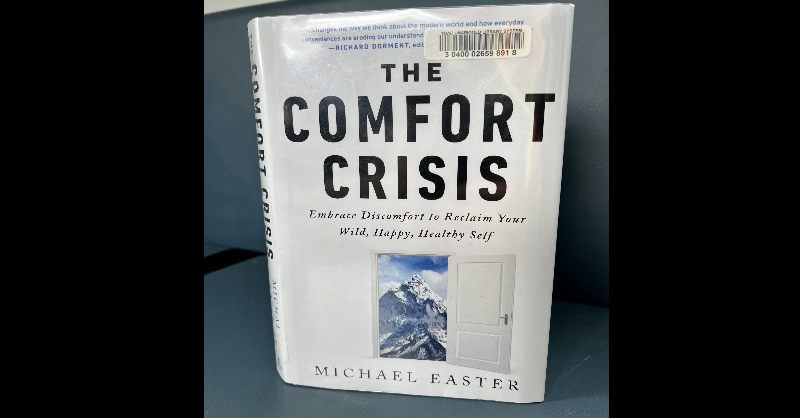
RYAN TYLER
If Trudeau Really Is A Psychopath, This Is What Will Happen
The prime minister might be on a mission to punish everyone, including his own party.


RYAN TYLER
The prime minister might be on a mission to punish everyone, including his own party.

GRANT JOHNSON
Starting in Alberta, conservatives must act to eradicate the dangerous and degenerate ideology of socialism.

RYAN TYLER
Peaceful protesters and political dissidents are being punished, while child rapists roam free.

STEVE PARKER
Voters in Burlington need to get the job done.

GRANT JOHNSON
Stocking up on gold could save you in hard times. It has proven itself as a reliable hedge against inflation.

RYAN TYLER
As she escapes the matrix, we encounter some old-fashioned messages and themes.

THOMAS CARTER
He was popular and a favourite to replace a disqualified Trump, until he wasn't.

ALLAN RAY
For some odd reason, they like to defend predators and downplay trafficking.

STEVE PARKER
Failing at the box office, at their theme parks and with their streaming service, Disney's nonsense has finally caught up.

RYAN TYLER
Sinking inflation and better unemployment numbers could fool Canadians into seeing Liberals as successful.

DEVON KASH
Concerns about people having their incomes cut off for wrong-think under a UBI are legitimate.

GRANT JOHNSON
She beat all the odds and won against the NDP's smears, but will she use her four years wisely?

NICK EDWARD
Weaponized Pride has created a more hostile environment for the LGBTQ movement.

ALLAN RAY
A hypothetical discussion is being had among some fringe activists and academics about erasing the word.

JOHN MILLER
This is a review of the book by Michael Easter.

GRANT JOHNSON
A flu turned us against each other. Every man should be prepared to protect his family from something worse.

ALLAN RAY
The former governor general has proved himself a Liberal crony.

DEVON KASH
Carla Beck hasn't managed to stir up confidence or enthusiasm among the party's core base.